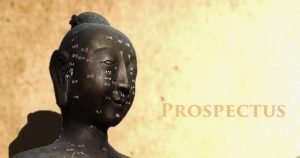
Professional Acupuncture TCM Training programme 2025
Applications are now being accepted for the 2025 Professional Acupuncture TCM Training programme at the ICTCM in Dublin which begins in early October. If you are interested in applying for ...
Stay up to date with the latest news and events from the ICTCM

Applications are now being accepted for the 2025 Professional Acupuncture TCM Training programme at the ICTCM in Dublin which begins in early October. If you are interested in applying for ...
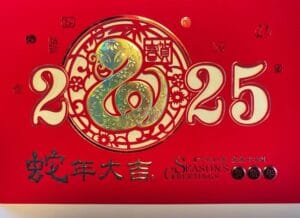
The Irish College of Traditional Chinese Medicine (ICTCM), and all its staff, wish a Happy Chinese New Year to our students, colleagues and friends in Ireland, China and across the ...
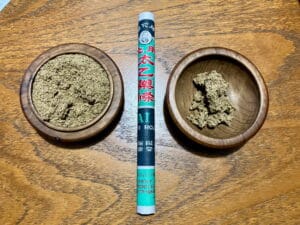
A frequently asked question about our Acupuncture Training course is what other therapies are taught alongside Acupuncture? There are other therapies in Traditional Chinese Medicine and some of these are ...
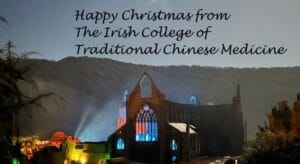
Happy Christmas from the Irish College of Traditional Chinese Medicine We wish all our Staff, Students, friends and TCM colleagues, in Ireland and across the world, a very Happy Christmas ...
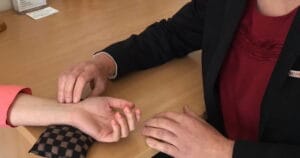
Chinese Medical Diagnosis At this time of year, second year students start learning Pulse Diagnosis at the Irish College of Traditional Chinese Medicine (ICTCM). Did you know that there are ...
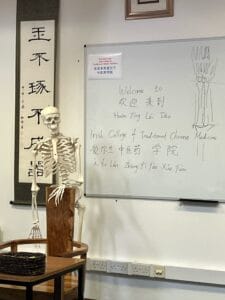
As we kick off another exciting college year, we warmly welcome both new and returning students to the Irish College of Traditional Chinese Medicine. This new academic year brings fresh ...
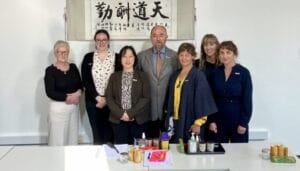
Why the Irish College of Traditional Chinese Medicine was set up When Prof Tom Shanahan first introduced Acupuncture Training in Ireland in the early 1980s, very few people had heard ...
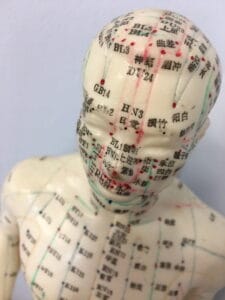
Traditional Chinese Medicine Acupuncture is part of TCM which is a rich and sophisticated system of health and wellness that has been practiced for thousands of years. Acupuncture stands out ...
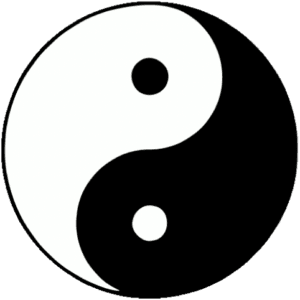
One graduate’s experience of becoming a TCM Acupuncturist at the ICTCM in Dublin is shared here. One of the things I most enjoyed when becoming an Acupuncturist at the ICTCM ...
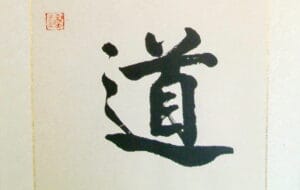
Introduction to the study of TCM and Acupuncture In late September or early October, at the start of every Academic year, the College Founder and Director Tom Shanahan welcomes new ...